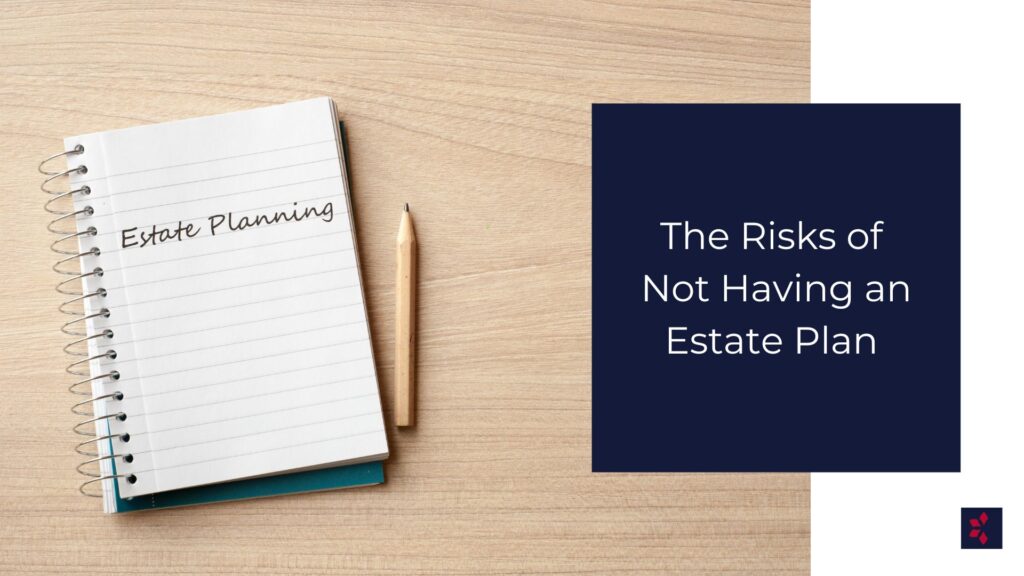The Risks of Not Having an Estate Plan

Not having an estate plan in place is risky. It can lead to a range of issues that can affect your assets and impact your loved ones after you pass away. Without an estate plan, your assets will likely go through probate, a legal process that can be time-consuming and costly. During probate, a court will determine how your assets are distributed according to your local laws, and these decisions may not align with your personal wishes. This means your assets could end up in the hands of unintended recipients, potentially causing disputes among family members and loved ones.
What is an Estate Plan?
Estate planning involves creating a plan to distribute your assets and specify what should be done with your legacy after you pass away. This plan includes one or more powers of attorney (POA), a plan for the distribution of more complex assets such as vacation properties, family heirlooms, collectibles, etc., management plans for a family business (if applicable), directions for philanthropic actions, naming of guardians for dependents and/or children, and other specific instructions for dealing with any issues that may arise on your passing.
Who Should Have an Estate Plan?
It’s important that every adult have an estate plan. Starting from the age of majority, it’s recommended that you document your financial assets and obligations and create an initial estate plan. As time goes on, your personal and financial situations will inevitably change, and it’s advisable to review and update your estate plan on a regular basis. Working with an experienced estate planner or financial advisor can make this process much easier.
7 Risks of Not Having an Estate Plan
There are many risks associated with not having an estate plan in place. Here are seven risks most commonly associated with not having an estate plan in place:
- Your assets may not be distributed as you intend;
- Your beneficiaries may have to pay more tax than necessary on your assets;
- Your assets may need to go through probate;
- You would have no control over who takes guardianship of your minor children;
- You wouldn’t have a designated executor or trustee to manage your will and/or trust;
- In a case where you become incapacitated, you won’t have a designated plan for how you are to be treated and your family members may face difficult decisions about your healthcare treatment without knowing your wishes; and
- Any legacy and philanthropic goals may go unfulfilled.
Plan Ahead For Your Estate With Bloom Investment Counsel
It’s highly beneficial to create an estate plan that’s well-integrated with your overall financial plan
Part of planning ahead is to ensure that your investments are well taken care of and will continue to build a legacy for your beneficiaries. Bloom Investment Counsel has been specializing in income-generating investments, particularly dividend-paying stocks, for over 39 years. At Bloom, we take pride in partnering with other trusted professionals like estate planners to build a customized portfolio that suits your needs and helps preserve and grow your wealth. Let’s talk — call us at +1–416–861–9941 or email us at info@bloominvestmentcounsel.com.
This content is provided for general informational purposes only and does not constitute financial, investment, tax, legal or accounting advice nor does it constitute an offer or solicitation to buy or sell any securities referred to. Individual circumstances and current events are critical to sound investment planning; anyone wishing to act on this content should consult with his or her financial partner or advisor.